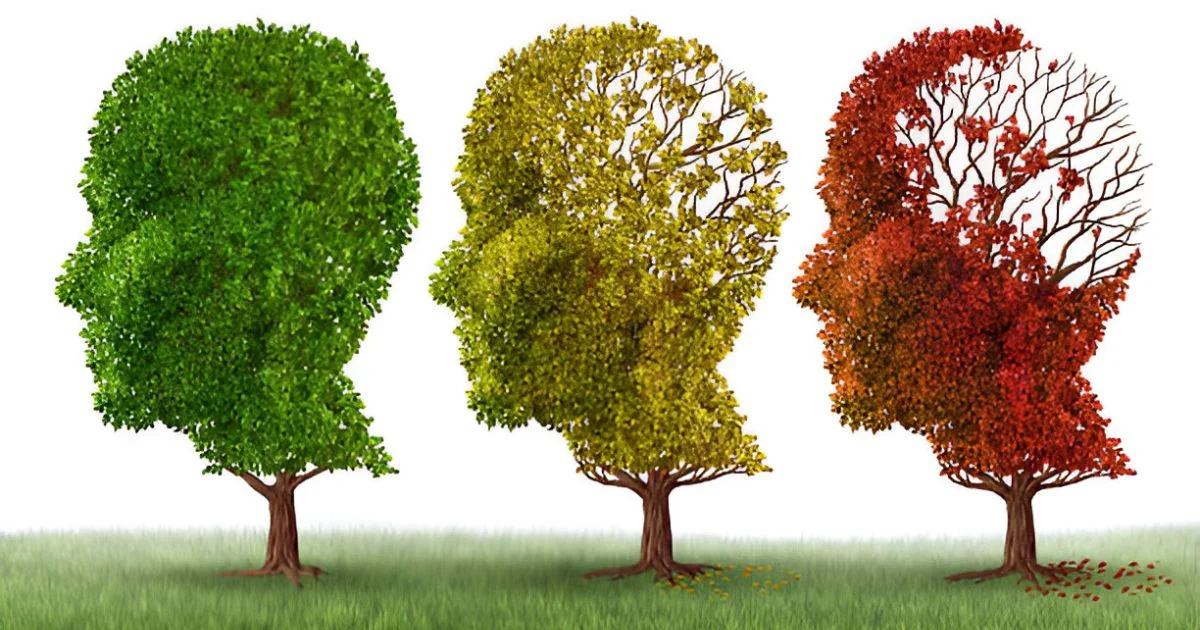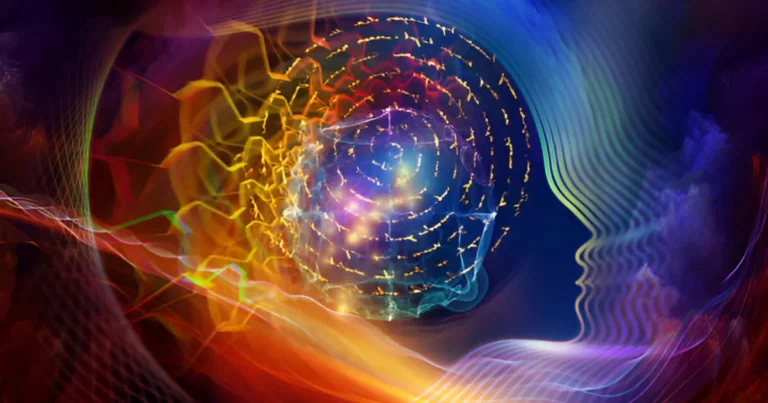When memory ages: Inside the mind of the elderly brain
Aging isn’t just about wrinkles or grey hair. It’s a much deeper transformation—one that quietly reshapes us from within, deep in the folds of our brain. Once regarded as an inevitable or marginal phenomenon, aging is now at the forefront of scientific and societal concerns. Thanks to medical advances and improved living conditions, we’re living longer than ever before.
But this newfound longevity raises a vital question: we may be living longer… but in what cognitive state?
As life expectancy continues to rise, understanding the transformations of the aging brain has become essential—not only to support individuals, but to rethink our models of care, prevention, and social integration. Among all the cognitive functions affected, one in particular often stirs anxiety and reflection: what happens to our memory as we grow older?
How the brain ages
Everyone misplaces their keys or forgets a colleague’s name from time to time. But these minor lapses take on a new significance with age. A young adult may laugh off their forgetfulness; an older person, however, may fear it’s the first sign of Alzheimer’s. Still, not all memory complaints are pathological. Often, they reflect self-comparisons (how we used to be versus how we are now) or social comparisons with peers.
Occasional forgetfulness is a normal part of aging. It’s only when these lapses become frequent, disrupt daily life, or affect temporal and spatial orientation (getting lost in familiar places, losing track of dates, or struggling to follow conversations) that concern is warranted. At that stage, the symptoms point beyond normal aging to deeper cognitive dysfunction.
Contrary to long-standing belief, aging doesn’t involve a massive loss of neurons. The older brain retains most of its nerve cells. What declines are the connections between them—the synapses—which gradually diminish over time. These synapses are crucial: they enable information to flow, combine, and adapt across the brain. When they become scarcer, processing becomes slower and less flexible.
🔗 Read also: The brain that forgets itself: Understanding anosognosia in Alzheimer’s
This weakening of synaptic networks affects higher-order cognitive functions like attention, working memory, and the ability to filter relevant information. As a result, older adults may find it harder to concentrate in noisy environments, retain new schedules, or follow rapid-fire conversations. These changes are not necessarily signs of disease, but rather reflect natural aging. While they don’t prevent day-to-day functioning, they do alter how information is processed and organized. Over time, compensatory strategies—like taking more notes, simplifying complex tasks, or avoiding multitasking—can prove helpful.
Not all memories age equally
Cognitive aging doesn’t affect all types of memory equally. Some remain remarkably intact, while others are more vulnerable to early decline. Understanding these distinctions is key to tailoring support and avoiding misinterpretations.
Procedural memory—the ability to perform automatic motor tasks like riding a bike, typing, or driving—is largely preserved even at an advanced age. These skills are deeply rooted in subcortical brain structures, such as the cerebellum and basal ganglia, and don’t require focused attention to activate.
In contrast, episodic memory—our ability to recall personal experiences, like a birthday or a meaningful encounter—is particularly sensitive to aging. It’s not the entire event we forget, but the surrounding details: names, dates, locations. This decline doesn’t mean total memory loss, but rather incomplete encoding. If attention is divided during an event, or if it lacks emotional or personal significance, it’s less likely to be stored effectively.
Semantic memory—the repository of general knowledge, such as capital cities or historical facts—also tends to fade gradually but is usually more resilient than episodic memory. While names or words may slip away momentarily, the overall structure of knowledge remains intact, especially when maintained through regular use.
🔗 Explore further: Proust’s summer: When a bite of cake unlocks a lifetime
The aging brain, then, doesn’t erase memories indiscriminately. It selects, keeps the essential, but loses precision. This reminds us of the key roles of attention and emotional engagement in memory formation—and the importance of distinguishing normal aging from early signs of cognitive disease.
Education, gender, and memory: the three forces shaping brain aging
To better understand age-related cognitive decline, a 2021 study led by Reifegerste and colleagues focused on non-verbal declarative memory—the ability to learn and recognize visual images—in 704 adults aged 58 to 98. Researchers explored the effects of age, gender, type of stimulus (real or fictional objects), and education level. Participants were shown a series of illustrations—some familiar, some invented—without knowing a recognition test would follow, mimicking how incidental memory works in everyday life.
The results were revealing. While memory performance declined with age, the drop was less pronounced in women—especially after age 70. Moreover, real objects were more easily remembered than fictional ones, likely because they tap into pre-existing semantic memory, which tends to remain stable with age.
However, the most significant factor was education. Each additional year of schooling offset, on average, two years of memory decline in men—and up to five years in women. A woman aged 80 with higher education could perform as well on memory tasks as a 60-year-old with little schooling. This cognitive benefit was especially evident in recognizing familiar objects tied to language and culture.
🔗 Discover more: Elders of power: The tribal elder
Early education strengthens key brain areas like the hippocampus and frontal lobes, and women appear to benefit particularly from this cognitive reserve. The study offers a hopeful perspective: memory decline is not a linear or irreversible fate. Instead, it can be maintained, stimulated, and enriched by a cognitively active life.
This is where the concept of cognitive reserve becomes essential. It refers to the brain’s ability to compensate for age-related changes or damage by reorganizing itself or using alternative neural pathways. In essence, the more we stimulate our brains throughout life—through education, reading, conversation, or professional activity—the more internal resources we have to maintain mental functions in later years.
Aging, then, doesn’t mean we stop learning. It simply means we learn differently—sometimes more slowly, but often more deeply. Each act of stimulation reinforces our neural circuits, offering long-term protection against decline. And if the winter of memory does eventually arrive, it will likely be far gentler for those who’ve spent a lifetime nurturing curiosity, cultivating knowledge, and holding onto a desire to understand.
References
Lövdén, M., Fratiglioni, L., Glymour, M. M., Lindenberger, U., & Tucker-Drob, E. M. (2020). Education and cognitive functioning across the life span. Psychological Science in the Public Interest, 21(1), 6–41.
Nyberg, L., Lövdén, M., Riklund, K., Lindenberger, U., & Bäckman, L. (2012). Memory aging and brain maintenance. Trends in Cognitive Sciences, 16(5), 292–305.
Pliatsikas, C., Veríssimo, J., Babcock, L., Pullman, M. Y., Glei, D. A., Weinstein, M., Goldman, N., & Ullman, M. T. (2019). Working memory in older adults declines with age, but is modulated by sex and education. Quarterly Journal of Experimental Psychology, 72(6), 1308–1327.
Reifegerste, J., Veríssimo, J., Rugg, M. D., Pullman, M. Y., Babcock, L., Glei, D. A., Weinstein, M., Goldman, N., & Ullman, M. T. (2021). Early-life education may help bolster declarative memory in old age, especially for women. Aging, Neuropsychology, and Cognition, 28(2), 218–252.
Ullman, M. T., Earle, F. S., Walenski, M., & Janacsek, K. (2020). The neurocognition of developmental disorders of language. Annual Review of Psychology, 71, 389–417.








